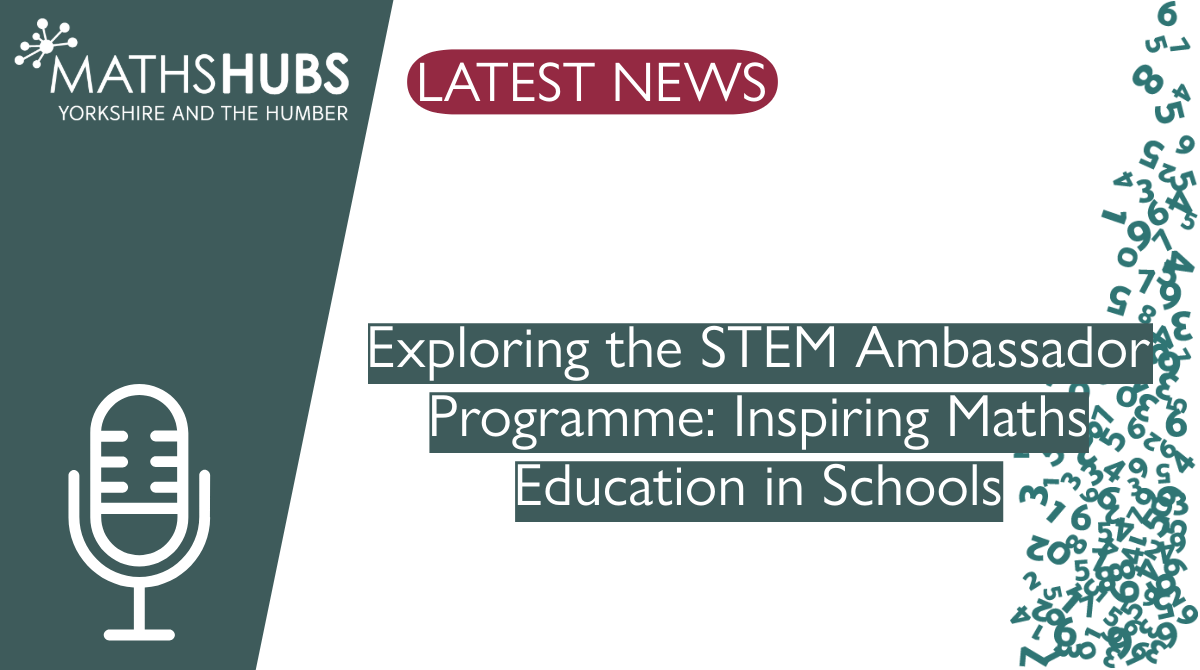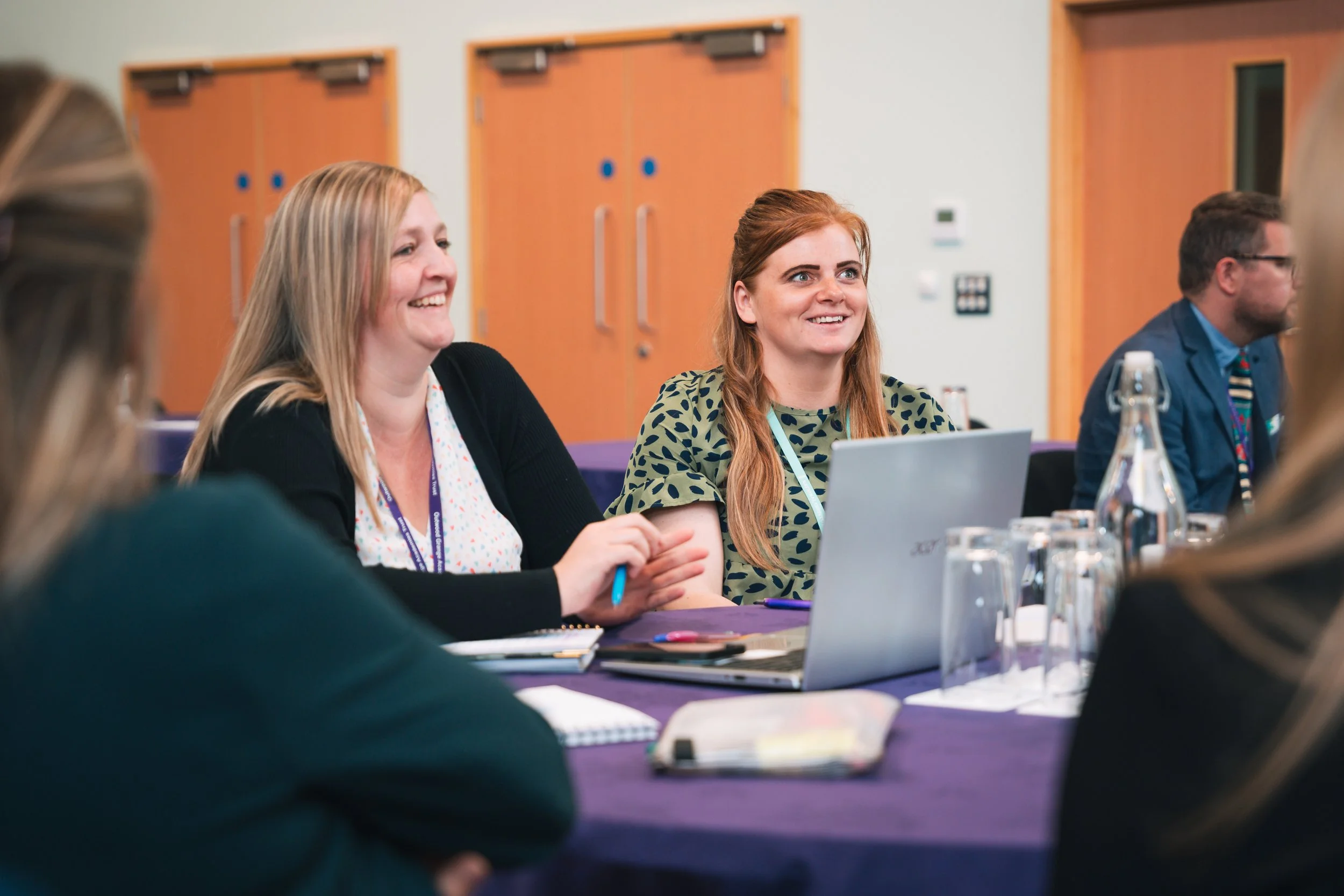News
Read all the latest news from Yorkshire and the Humber Maths Hub below:
Exploring the STEM Ambassador Programme: Inspiring Maths Education in Schools
Have you ever wondered how the STEM Ambassador programme supports maths education in primary and secondary settings?
Maths CPD leadership programmes now recruiting for 2026/27
Teachers in all phases are invited to apply for programmes to lead professional development and school-wide development.
Oracy in Maths? We need to talk!
Oracy has become high on the list of topics discussed in schools and academies currently but can it lead to shared language for equity in mathematics?
How to put the Ofsted maths report into practice
Key recommendations from the Ofsted report and suggestions for implementing them in your school.
Do you need a refresher on what Teaching for Mastery is?
Whether you’re a returning visitor or completely new to our website, you may feel like you want to know more about teaching for mastery or need a refresher on what it is. The NCETM has put together a round up of themes to help you start the year feeling supported, equipped and ready to teach maths.
Targeted Support in Maths - a Bespoke offer
Targeted support in Maths involves schools being supported by their local Maths Hub if they do not currently have the capacity to engage fully with the standard Teaching for Mastery Programme.
New KS4 professional development materials now available
Explore a new set of materials focusing on sequences, functions and graphs.
‘Taking the ceiling off learning’ with Mastering Number
A number of Primary and Infant schools across the country have engaged in the Maths Hub Mastering Number programme, including many from within our Yorkshire and the Humber Maths Hub region.








